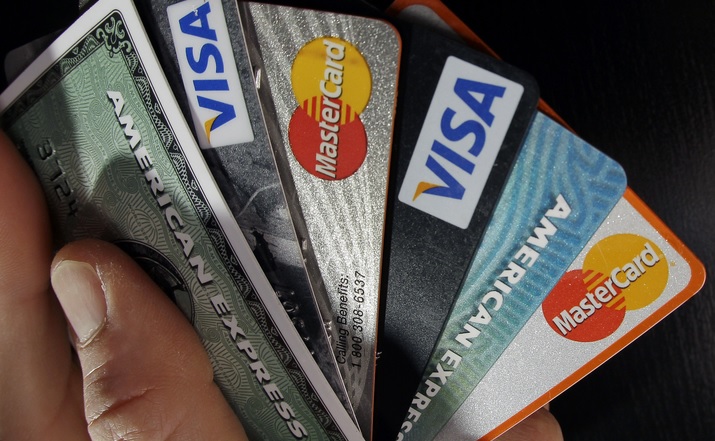 NEWS
NEWS
 NEWS
NEWS
 NEWS
NEWS
What has the highest ratio of fraud attempts to legitimate purchases online?
Surprisingly the answer to that question is “Patagonia cocktail dresses” according to a new report from fraud protection services provider Signifyd, Inc.
The report, called the “Cyber Grinch” report in a call-out to the Dr. Seuss classic How the Grinch Stole Christmas, is based on data collected during the month of October from a sample of over 2 million online credit card transactions, across thousands of e-commerce merchants.
Signifyd ran the sample through its fraud scoring engine to determine the likelihood of a purchase to be fraudulent, followed by breaking down the data into the actual products that were on the orders and compared the number of orders that were likely fraudulent to the total number of orders purchased to determine the relative likelihood of one single order of that product being fraudulent.
Finally, the data was clustered into categories and ranked to come up with the list in the report.
The top categories of products most affected by attempted fraud are pet products, 3D printers, gift cards and books, with (ironically) business law textbooks accounting for a significant portion of fraudulently ordered books.
Making the top 10 list were:
In addition, the report also found that some of the most unexpected items stolen online were candy, diapers and energy drinks.
“Fraudsters are typically looking for commonly purchased products because they have good resale value,” Signifyd’s Director of Marketing Stefan Nandzik said in a statement sent to SiliconANGLE. “In order for them to scale their operations, they need to offload stolen products quickly. If they offer goods like diapers and pet food for below market value on a secondary market, they can monetize rapidly and easily, because price-conscious customers will jump on the chance to buy name-brand products at a lower price.”
The report noted that with the adoption by brick-and-mortar retailers of EMV technology (reading chips in cards) to combat credit card fraud at the point of sale, fraudsters are migrating to the e-commerce space where credit card information is more vulnerable to theft.
While the adoption of services such as “Verified by Visa” by banks which involves the use of either personal information or transaction verification through the sending of a text message to a mobile is continuing to increase, United States-based banks continue to lag behind those in places like Australia, Europe and even South East Asia, leading to increased opportunities for bad actors to undertake fraudulent transactions.
A full copy of the report is available from Signify.
THANK YOU